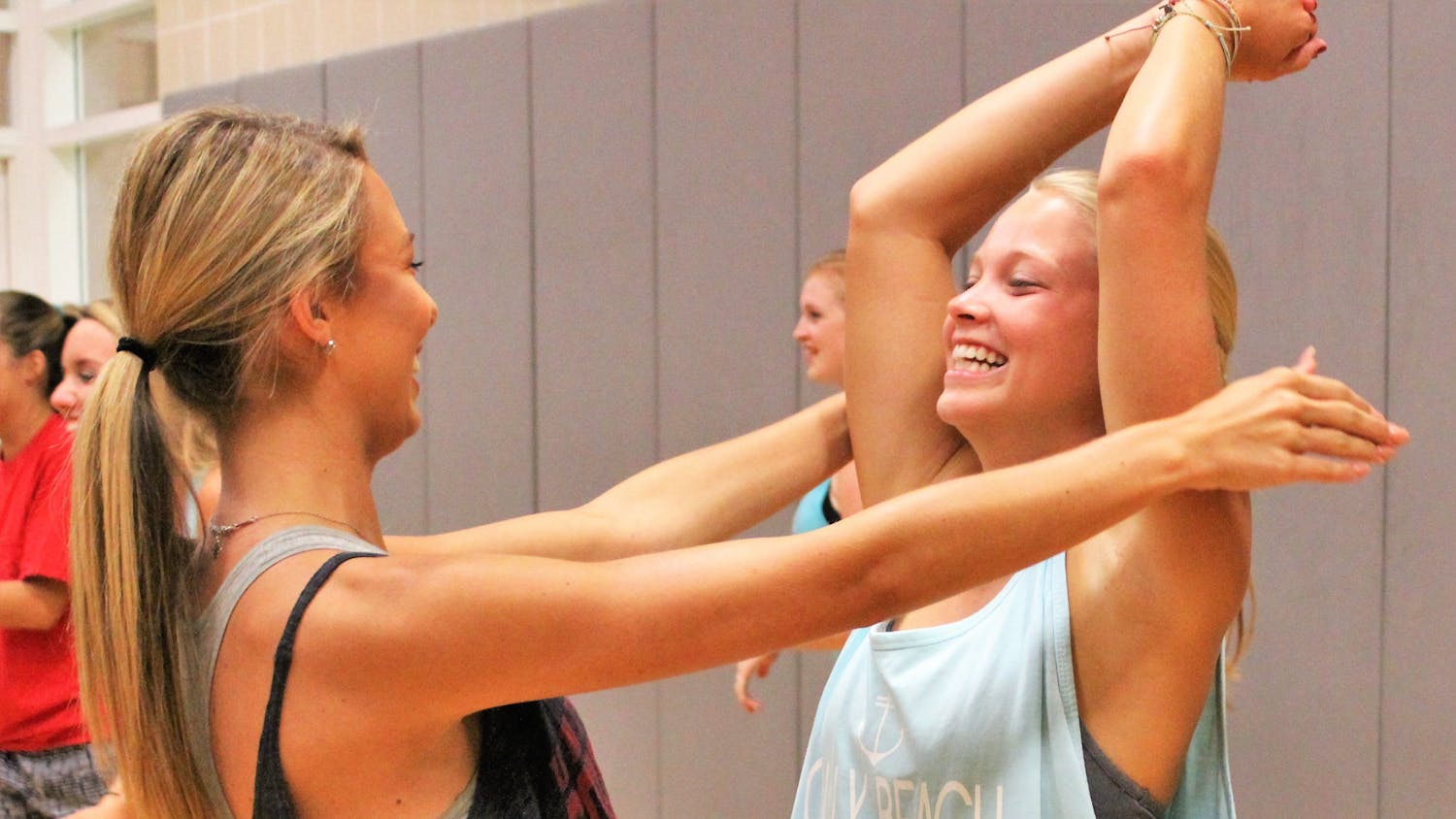Sometimes the events of my week seem to have a common theme. This week, the theme is receiving criticism from strangers and trying to figure out what to do about it. I’ve always been told to disregard bullying and ignore negative comments. But what if this is another one of those faulty things we were all told as millennial children? It feeds into our belief that we’re good at everything and anyone who says otherwise has the issue. Manners and politeness are virtues to be upheld, but did all the participation trophies make our skin too thin?
When we hear criticism, our first reaction is to defend ourselves. We hold on to the perspectives of ourselves and try to implant them into others. The idea is that if we retaliate or invalidate someone’s opinion, we won’t have to change.
The comment section on YouTube and Instagram brought with it a culture of haters. Everyone has them: Iggy Azalea, former President Barack Obama, even Malala Yousafzai. Constant criticism triggered a backlash to the haters. The haters are seen as inherently wrong and as bullies. I have shared that sentiment. But now, in perhaps a lapse of confidence, I consider whether there is truth to what the haters say.
Part of the reason why criticism is so hurtful is that we know there is a bit of truth to it. Consider a time you were accused of something you know you hadn’t done. You probably found the accusation a little funny because you knew for sure it was wrong. Insults and criticism are subjective. You can’t prove for sure they are wrong, so it hurts more.
We often think someone who has the audacity to attack us verbally is automatically a horrible person, and we use that basis for rejecting their comments. We say things like “that guy’s a jerk” in response to a critique we don’t like. Although this makes us feel better, the nature of the denunciation doesn’t reflect its accuracy.
As I tell my friends about the insults I have received throughout the week, they see my reflections upon them as negative. As if even listening to the criticism has shown my weakness. After growing up with a Palestinian grandmother and aunts, I learned some things about emotional strength. These women taught me that the inability to be vulnerable isn’t the caricature of strength. The strongest people are the ones who allow themselves to be exposed and to feel things deeply. By questioning myself, I arrive at a more reconfirmed self-perception. Just opening my thoughts up in a weekly column renders me bare to the judgements of others. I think that is a testament to my confidence, and I challenge my haters to be even momentarily as vulnerable as that.
Whether I choose to reject my criticisms or incorporate them, the mere act of receiving the criticism is not a deficiency on my part. Failure to participate in the “I’m perfect just the way I am — screw you,” culture doesn’t mean that I think low of myself. It just means I am self-reflective.
Layla Soboh is a UF advertising junior. Her column comes out Tuesday and Thursday.




